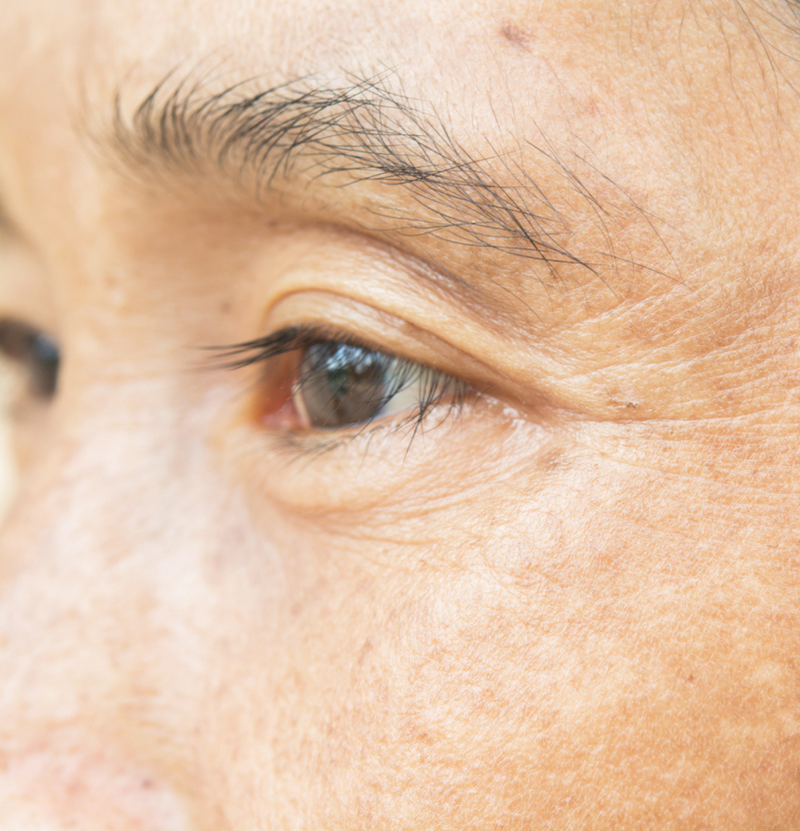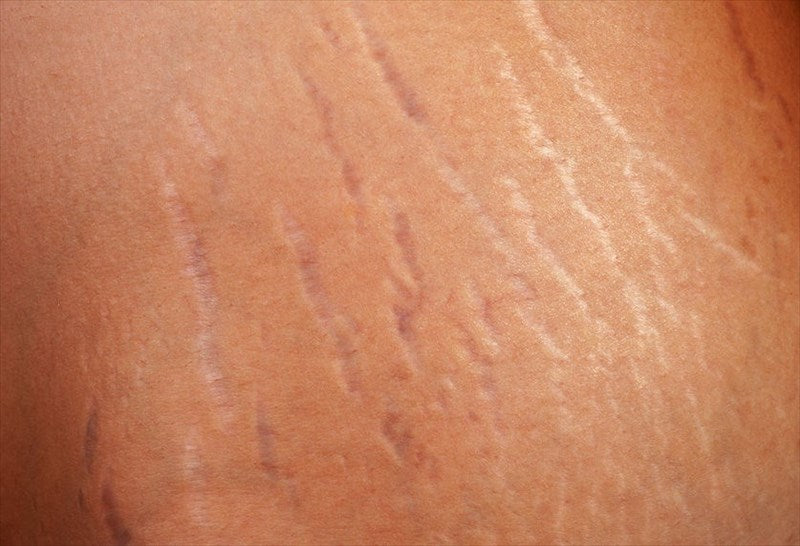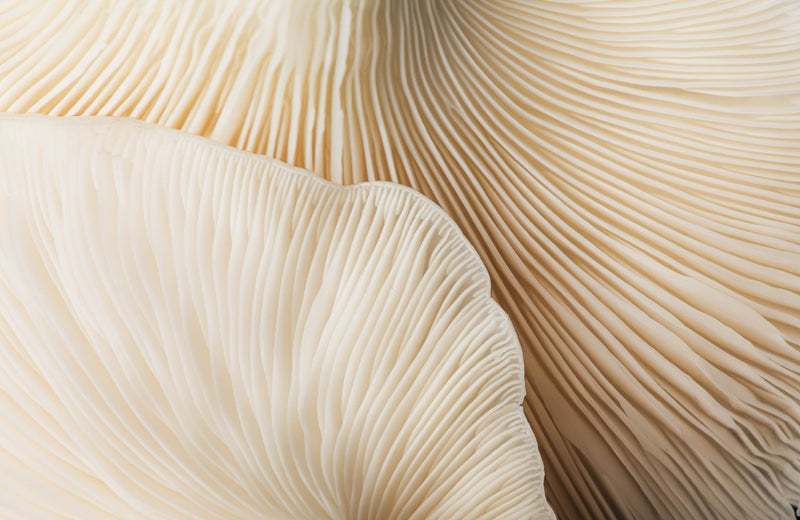Dry vs. Dehydrated Skin: What’s the Difference?
Many people struggle with skin issues, often thinking their skin is dry. However, dehydration could be the actual cause. Recognizing the difference is vital for effective treatment and achieving healthy, radiant skin.
What is dry skin?
-
Dry skin, or xerosis, happens when your skin doesn't have enough of its natural oils. This lack of oil weakens the top layer of your skin, which acts like a protective wall. When this wall is weak, your skin loses water easily and can't protect itself from things that irritate it.
-
As a result, dry skin often feels tight, rough, and flaky. It can also look dull and become easily irritated, itchy, and even crack. Plus, because it's dry and less protected, fine lines might look more noticeable. Redness might appear, making your skin look generally unhealthy.
What is dehydrated skin?
-
Unlike having naturally dry skin, dehydrated skin is more like a temporary state where your skin's top layer is lacking water. This can happen to anyone, whether you have oily, combination, or dry skin.
-
Things like harsh weather, dry air from air conditioning, and some skincare products that mess with your skin's natural moisture can all cause this.
-
When your skin is dehydrated, it might feel tight and look dull. Surprisingly, it can also get oily because your skin tries to make up for the lack of water by producing more oil.
-
You might also notice your skin getting more sensitive and itchy. Fine lines also might look more noticeable because your skin isn't as plump.
The crucial difference:
The key difference lies in the missing element: oil vs. water. Dry skin lacks oil, leading to a compromised lipid barrier, while dehydrated skin lacks water, affecting its overall hydration levels. This distinction is vital for targeted treatment. Dry skin requires replenishing oils, while dehydrated skin needs increased hydration. However, skin with a damaged barrier can experience both dryness and dehydration simultaneously.
How to treat your skin right:
-
For dry skin:
-
Focus on rich, emollient moisturizers containing ingredients like ceramides or squalane.
-
Opt for gentle, creamy cleansers that won’t strip the skin's natural oils.
-
Avoid harsh exfoliants and hot showers.
-
For dehydrated skin:
-
Prioritize hydrating serums and moisturizers containing hyaluronic acid, snail mucin, or glycerin.
-
Drink plenty of water throughout the day.
-
Use a humidifier, especially in dry climates.
-
Avoid excessive caffeine and alcohol, which can dehydrate the skin.
-
For both:
-
Sunscreen is key for both, to prevent further skin barrier damage.
-
Avoid harsh chemicals in skin care products.
-
Consult a dermatologist for persistent issues.








